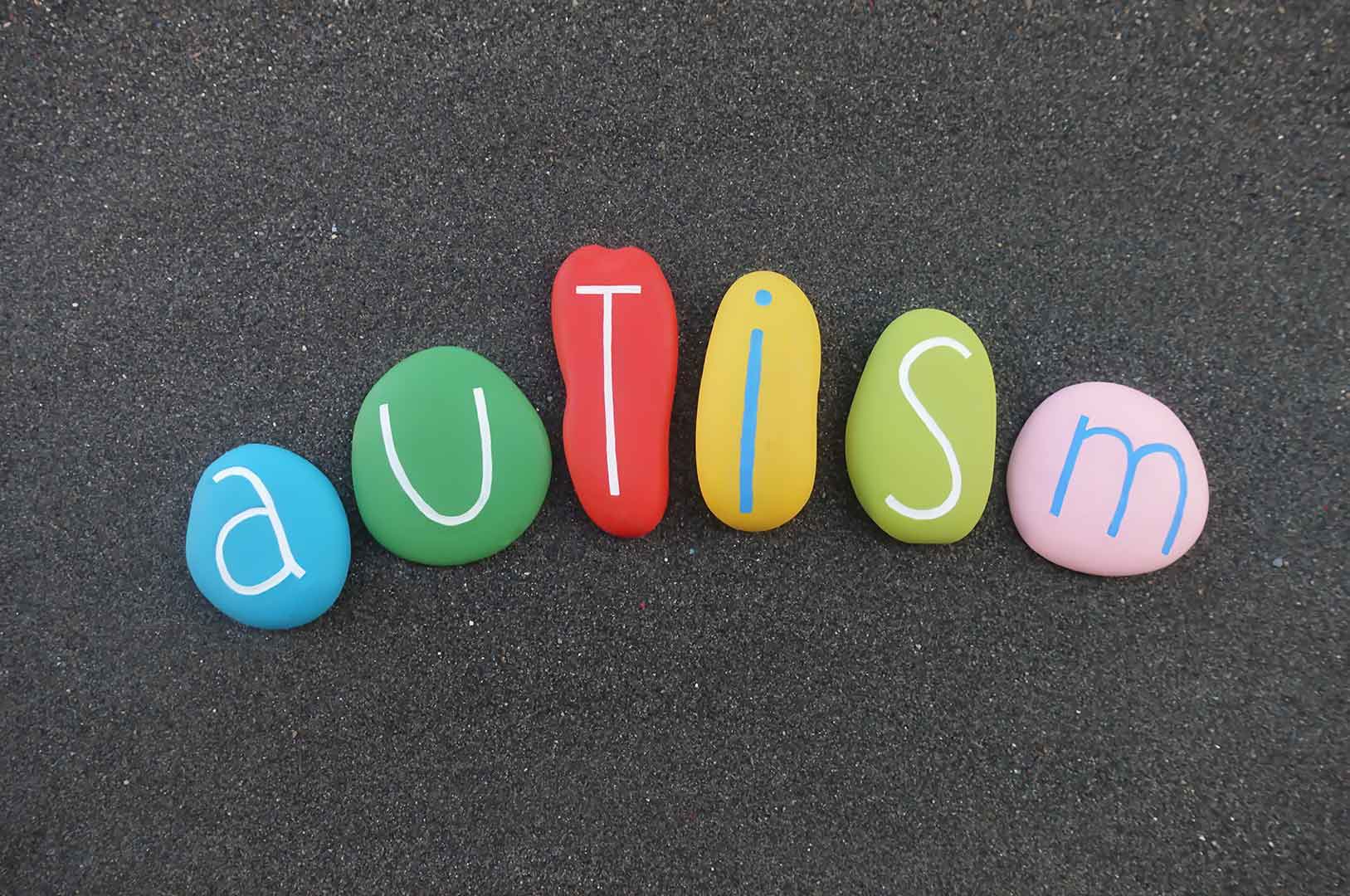Autism spectrum disorder (ASD) is a complex and multifaceted condition that affects the way individuals communicate, interact with others, and respond to the world around them. While the exact causes of ASD are still being investigated, there is growing evidence that the brain plays a significant role.
Researchers have identified a number of differences in the brains of individuals with ASD compared to neurotypical individuals. These differences include:
- Increased brain size: Studies have shown that individuals with ASD tend to have larger brains than neurotypical individuals. This increase in brain size is most pronounced in the prefrontal cortex, which is involved in social cognition and decision-making.
- Altered neuronal connections: Another difference observed in the brains of individuals with ASD is a disruption in the connections between neurons. This disruption can affect the way different brain regions communicate with each other, which may contribute to the core symptoms of ASD.
- Changes in brain cell development: Researchers are also investigating how differences in brain cell development may contribute to ASD. For example, some studies have found that individuals with ASD may have fewer neurons in certain brain regions.
Genetics and the Environment
While brain differences are clearly involved in ASD, it is important to note that ASD is not caused by any single gene or environmental factor. Rather, it is believed to be the result of a complex interplay of genetic and environmental factors.
Genetic factors: Research has identified a number of genes that are associated with an increased risk of ASD. However, these genes do not always cause ASD, and most individuals with ASD do not have any known genetic mutations.
Environmental factors: A number of environmental factors have also been linked to an increased risk of ASD, including exposure to certain chemicals or infections during pregnancy. However, the role of environmental factors is still being investigated, and it is unclear how they interact with genetic factors to cause ASD.
Emerging Research




Leave A Comment